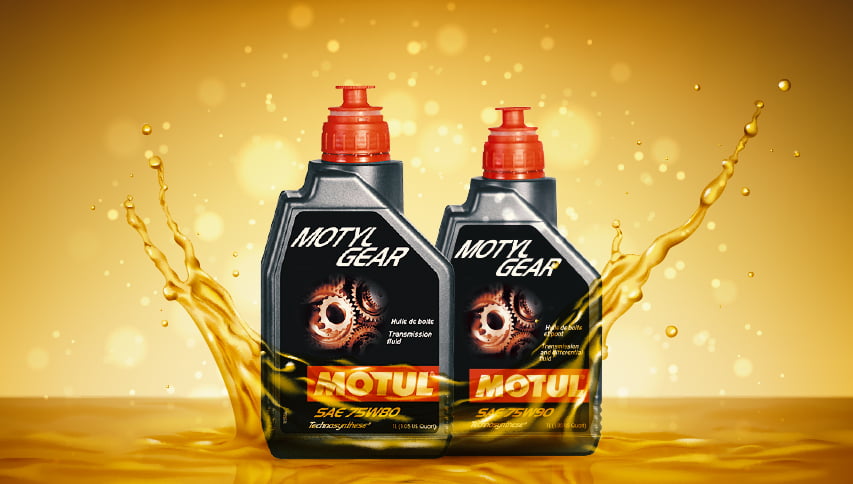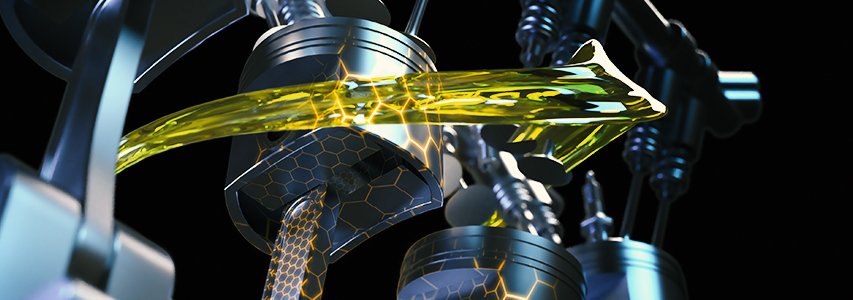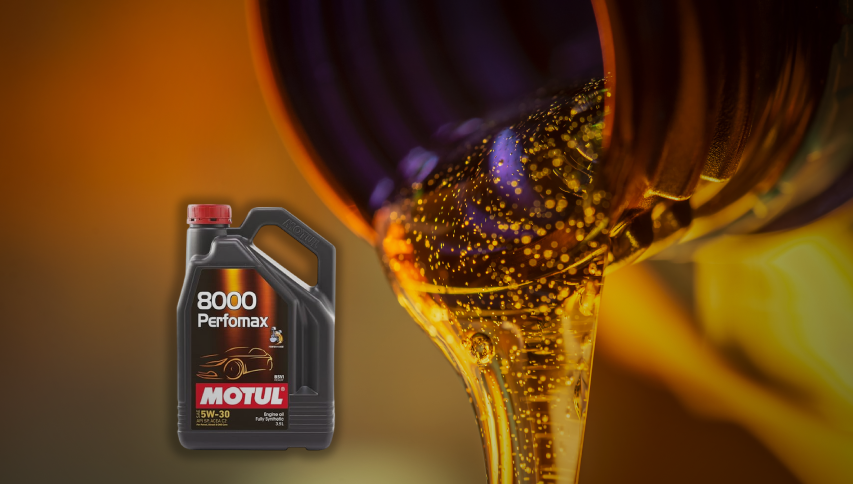Automotive Lubricants Explained: Types, Uses, Features, and Benefits

The engine in your vehicle is designed and developed to be a workhorse that powers your daily driver for years on end. It’s an engineering marvel with countless metal parts moving in perfect harmony. And all those moving parts result in one thing: friction, which is like sandpaper grinding on those parts. This friction can lead to several problems: excessive wear and tear, overheating, and even breakdowns. Enter automotive lubricants. Lubricant oils and greases are specially formulated to function as a protective layer between moving parts.
What are automotive Lubricant Oils used for?
- Think of it as a microscopic shield: Automotive oils and lubricants coat the surfaces of engine parts, creating a thin film that separates them. This film reduces friction significantly, preventing metal-to-metal contact that would cause wear.
- Heat dissipation and cooling: Engines generate a lot of heat during operation. Automotive Lubricants act like liquid carriers, absorbing this heat and transferring it away from critical components. This helps keep the engine from overheating and potentially seizing up.
- Keeping your engine’s moving parts clean: As parts wear, they generate tiny metal shavings and other debris. Lubricants act like tiny magnets, attracting and suspending these contaminants within the oil. This prevents them from circulating and causing further wear.
- They act as protective seals: Some lubricants, particularly greases, are thicker and form a barrier that seals out dust, moisture, and dirt. This protects sensitive components from getting clogged or corroded.
- Preventing rust and corrosion: Many lubricants contain additives that fight against rust and corrosion, which can destroy engine parts over time.
In simpler terms, automotive lubricants are like essential workers in your car’s engine. They reduce friction, cool things down, clean up debris, and prevent rust, all to keep your engine running smoothly and efficiently.

Are there different types of lubricant for different use case scenarios?
There’s no single oil lubricant that works for everything in your car. Different parts have different needs, so we have different types of lubricants:
- Engine Oil: The most familiar type, engine oil protects your car’s heart, the engine. It comes in various thicknesses (viscosities) – thicker oil for hot climates and vice versa. Choosing the right viscosity is important for optimal performance and fuel efficiency.
- Gear Oil: This lubricant is specially designed for gearboxes, differentials, and transfer cases, which experience high pressure and force. It’s tougher than engine oil to handle these demands.
- Grease: Unlike engine or gear oil, grease is a semi-solid or solid lubricant. It’s perfect for parts that need long-lasting lubrication, like wheel bearings, chassis components, and suspension parts.
- Automatic Transmission Fluid (ATF): This specialized fluid lubricates and cools automatic transmissions, while also helping transmit power from the engine to the wheels.

What are the benefits of using the right lubricants
Using lubricants is a necessity. But choosing the right one is just as important. The correct blend of automotive fuels and lubricants for your car or bike has several advantages:
- Less wear and tear: By reducing friction, lubricants extend the life of your engine and other parts, saving you money on repairs in the long run.
- Better gas mileage: Less friction means less wasted energy. This translates to better fuel efficiency, allowing you to go further on each tank.
- Stronger engine performance: Proper lubrication ensures smooth operation and prevents power loss due to friction, resulting in a more responsive and powerful engine.
- Cleaner emissions: Reduced friction leads to less energy wasted, which means fewer harmful pollutants released from your car’s exhaust.
- Rust and corrosion protection: Lubricants with anti-corrosion additives fight rust, which can significantly damage engine components.
- Lower maintenance costs: By preventing wear and tear, lubricants help you avoid expensive repairs and replacements, keeping your car running smoothly for longer.
Motul Has Established a Fabled Legacy as a Lubricants Manufacturer
For over 170 years, Motul has been a leading name in automotive lubricants. Founded in 1853 in the United States, they started by specializing in industrial lubricants for steam engines. As the world transitioned to automobiles, Motul shifted its focus and quickly established itself as a pioneer in synthetic lubricants.
Their dedication to innovation and performance has been fueled by a deep passion for motorsports. Motul actively sponsors racing teams across various disciplines, from MotoGP to Dakar Rally. This involvement allows them to test their lubricants in the harshest conditions, constantly pushing the boundaries of performance and developing cutting-edge technology that translates into high-quality products for everyday drivers. Their specialized high temperature lubricants are among the best ones available for the Indian automotive market.

Motul’s specialty:
- 100% Synthetic Lubricants: Motul focuses solely on developing and manufacturing high-performance, full-synthetic lubricants for engines, gearboxes, and other automotive components.
- Advanced Ester Technology: They are known for their innovative use of synthetic esters, which offer superior performance benefits like high film strength, reduced friction, and improved thermal stability compared to traditional synthetic oils.
Remember, following the recommended service intervals for oil changes and grease applications is crucial. It’s a small investment that pays off in a big way by ensuring the health and longevity of your vehicle. So, the next time you pop the hood, remember the silent heroes – the automotive lubricants – working tirelessly to keep your car running smoothly.







